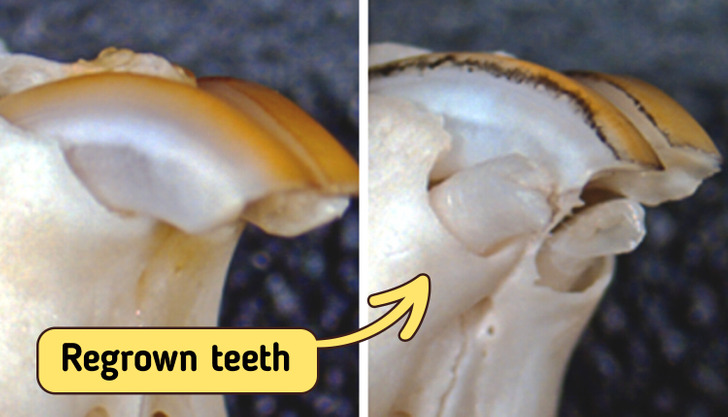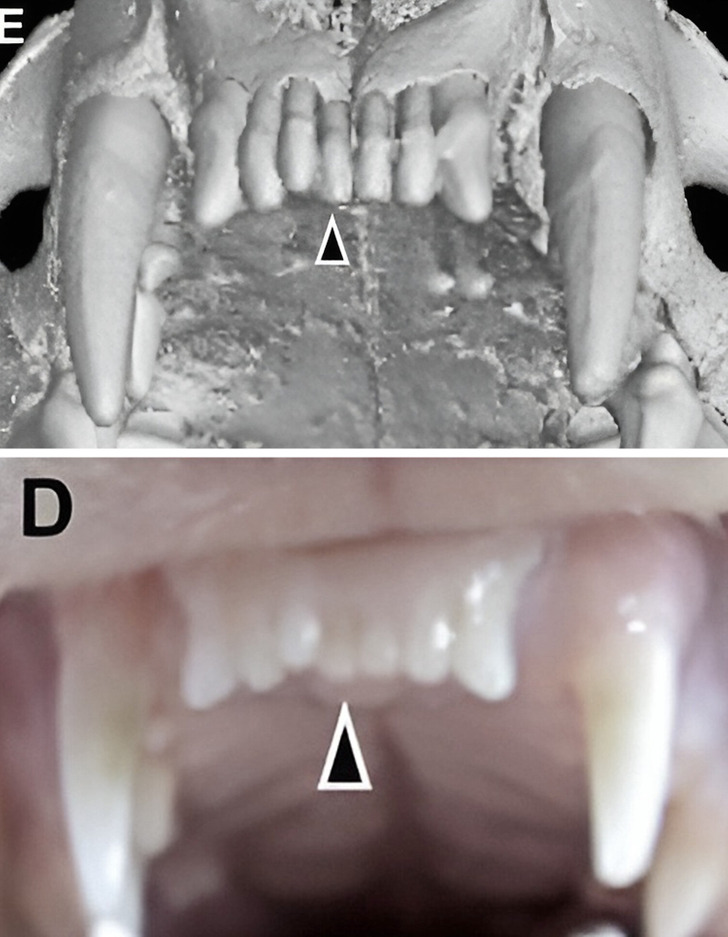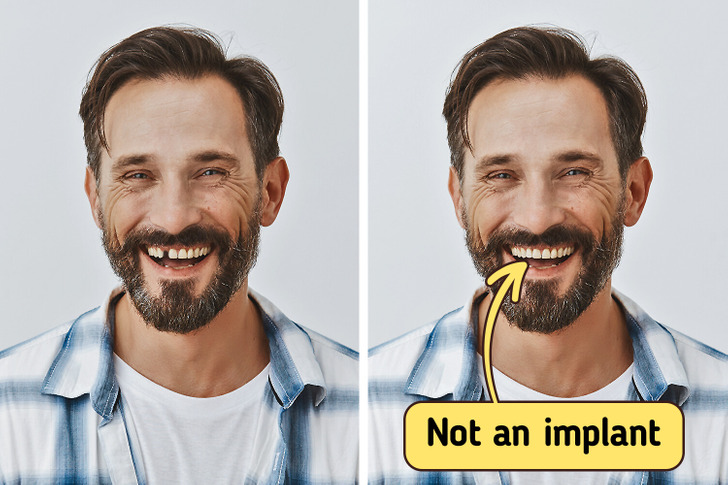The tooth fairy is a welcome guest for any child who has lost a tooth. Not only will the fairy leave a small gift under the child’s pillow, but they be assured of a replacement tooth in a few months. Unfortunately, the scenario is quite different for adults grappling with a loss of teeth. Luckily, there may be some hope thanks to a new study performed by scientists at Kyoto University and the University of Fukui.
A dental breakthrough
While the typical adult mouth houses 32 teeth, approximately 1% of the population exhibits variations of them, either possessing more or fewer teeth due to congenital conditions. Researchers have delved into the genetic factors behind cases of excessive teeth, seeking valuable insights into the potential regeneration of teeth in adults. This study is the first to show that monoclonal antibodies can help regrow teeth. It suggests a new way to treat a dental problem that currently requires implants and other artificial solutions.
A bit of science
The research team disclosed that an antibody targeting a specific gene, known as uterine sensitization-associated gene-1 (USAG-1), can induce tooth development in mice affected by tooth agenesis, a congenital condition. The findings were published in the journal, Science Advances.
As per Katsu Takahashi, a senior lecturer at the Kyoto University Graduate School of Medicine and one of the principal contributors to the study, the essential molecules crucial for the development of teeth have already been pinpointed. “The morphogenesis of individual teeth depends on the interactions of several molecules including BMP, or bone morphogenetic protein, and Wnt signaling,” says Takahashi.

On April 13, 2021, the University of Kyoto posted its first pic of newly-grown teeth in mice.
BMP and Wnt are involved in more than just tooth development; they affect the growth of organs and tissues early in the body’s development. Because drugs affecting them directly might have broad side effects, scientists are cautious. To find a potentially safer method, researchers focused on the gene USAG-1, thinking that aiming at factors countering BMP and Wnt specifically in tooth development could be more precise.
“We knew that suppressing USAG-1 benefits tooth growth. What we did not know was whether it would be enough,” added Takahashi.
The first results
Scientists looked at how different monoclonal antibodies affect USAG-1. Monoclonal antibodies are often used to treat things like cancer and arthritis and for making vaccines. Tests with this antibody showed that BMP signaling is crucial for deciding the number of teeth in mice. Also, just one treatment was enough to grow a whole tooth. Further tests confirmed these positive results in ferrets too.
“Ferrets are diphyodont animals with similar dental patterns to humans. Our next plan is to test the antibodies on other animals, such as pigs and dogs,” explained Takahashi.

Fully regrown frontal teeth in ferrets
The next steps

Now, scientists are going to test the drug on healthy adults. If that goes well, the team plans to try it on kids aged 2 to 6 with a rare tooth problem called anodontia, a genetic disorder defined as the absence of all teeth. These kids will get one shot of the drug to see if it makes their teeth grow. If everything works out, the medicine might be approved by 2030.
Takahashi sees the new medicine as an additional choice for individuals who are missing some or all of their teeth.
“The idea of growing new teeth is every dentist’s dream,” Takahashi told the Japanese newspaper, The Mainichi in June this year. “I’ve been working on this since I was a graduate student. I was confident I’d be able to make it happen.”
So hopefully, by the year 2030, humans will get a chance to have their third generation of teeth grown and say goodbye to implants. Until then, make sure to keep your teeth strong and healthy — this article will help you with that.
Preview photo credit KyotoU_News / Twitter
Justin Bieber posts picture of himself crying, fans get concerned, and then wife Hailey responds

It has been well over ten years since Justin Bieber first came to prominence. The singer gained early success and, at the young age of 15, achieved worldwide recognition with the publication of his mega-hit song “Baby.”
With millions of followers, the singer is still incredibly popular at the age of thirty. Discover the image that worried fans by reading on.
Yesterday, Justin Bieber uploaded an image to Instagram that worried a lot of his fans. Two of Bieber’s crying photos were uploaded online. The pop artist was seen crying in the photos while looking straight into the front-facing camera on his phone.
The images were part of the singer’s Friday “photo dump.” It featured a number of pictures, none of which appeared to be connected to the others in any manner.
Random pictures were included with the photos of Bieber crying. While one of them showed a pair performing, another may have shown some marijuana, albeit it was too hazy to be certain.

Thus, the images of Bieber sobbing appear even more disorganized and haphazard. The poignant picture revealed a different aspect of the singer that not many people get to witness. It is remarkable for a male artist to be so transparent about their emotions on Instagram, posting photos of themselves crying.

The images worried followers of Justin Bieber. “I hope you are doing okay, i hate to see tears running down your face,” wrote one individual in a letter. “Idk what you’re going through man, but hang in there,” penned a worried fan. Find your true self and hold on—peace will come. You can do this!
Another fan said, “I love that you’re not afraid to show your vulnerability and emotions,” in response to the singer’s honesty. It’s always wonderful to keep in mind that there are still people behind every single celebrity. I adore you.
Hailey Bieber, Justin’s wife, took care to inform everyone that the photo may not have been as serious as others were portraying it to be. In a playful remark, she referred to him as “a pretty crier.” Her remark let supporters know that it wasn’t a significant issue for them to worry about.
Nonetheless, Bieber appears to be doing okay based on the several other updates he posted on his Facebook following this specific photo dump!
What are your thoughts on Justin Bieber sharing photos of himself sobbing? Tell us in the comments section below!



Leave a Reply